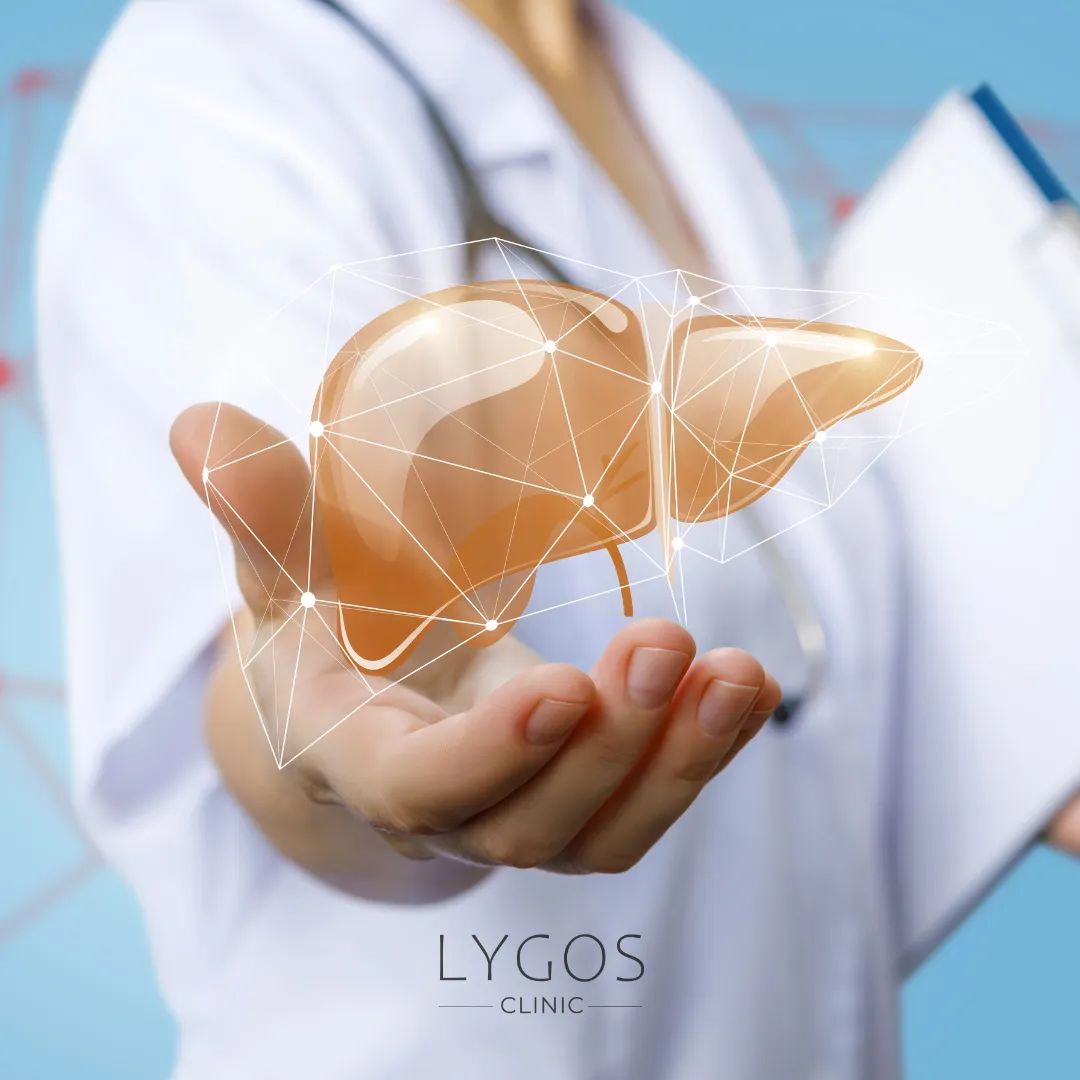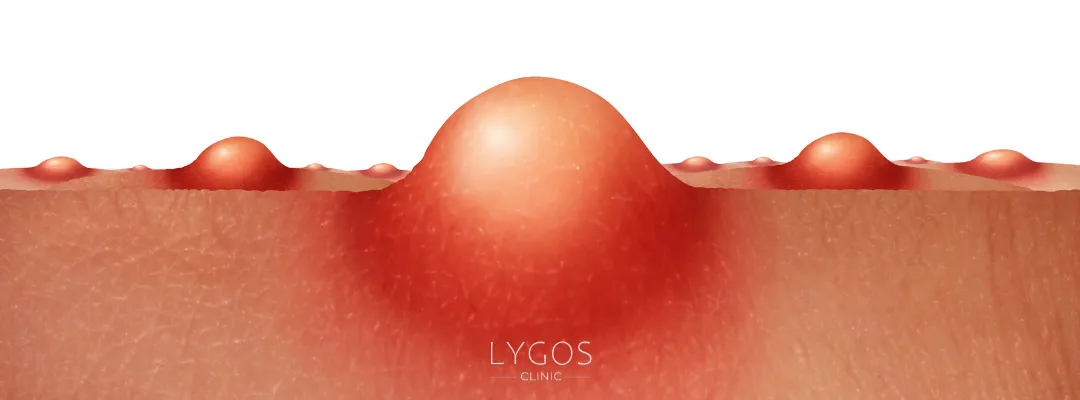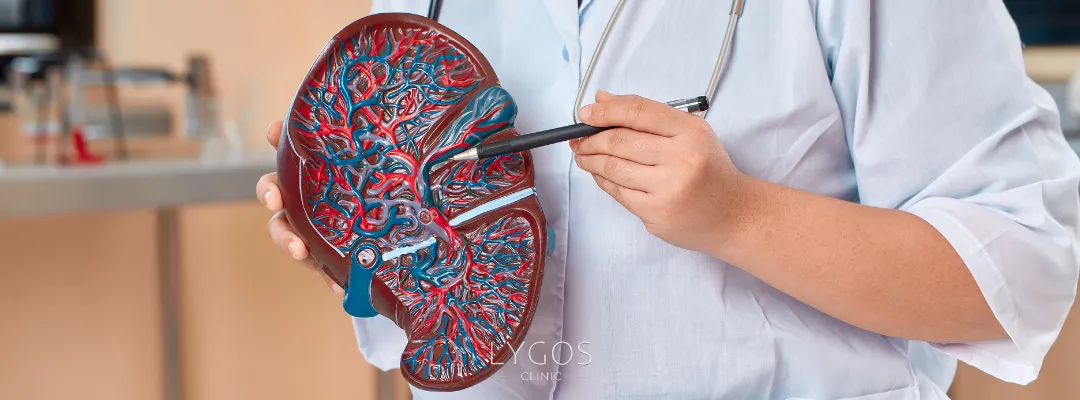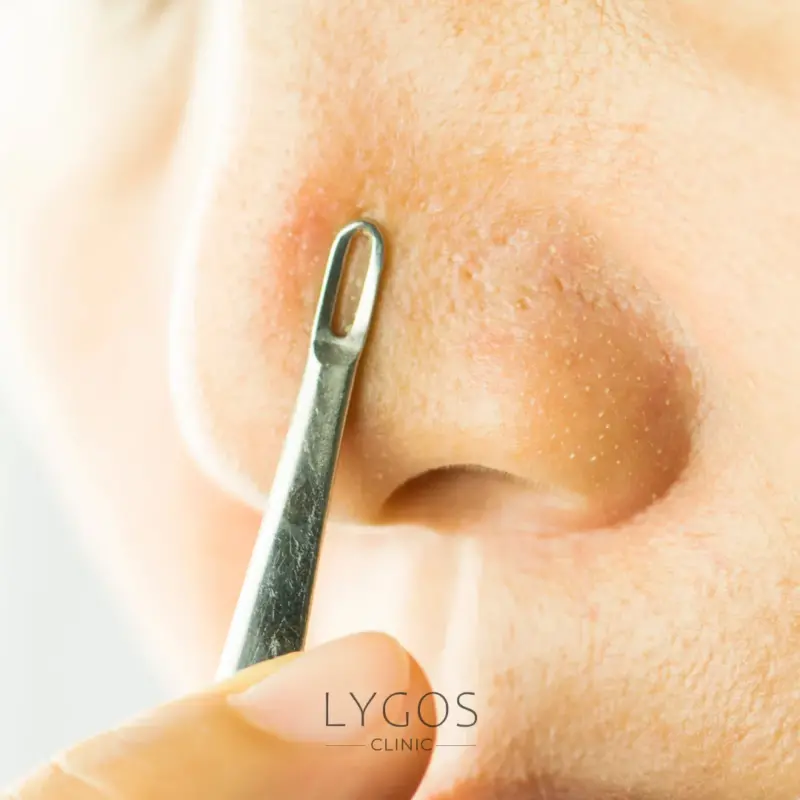Fatty Liver Disease | Symptoms and Treatment | LYGOS 2025

What is Fatty Liver Disease?
Fatty liver disease, medically known as hepatic steatosis, is a health problem caused by excess fat accumulation in the liver. As the second largest organ of the body, the liver has many vital functions such as processing nutrients and eliminating harmful substances. However, excess fat accumulating in the liver can cause inflammation, which can damage the organ and lead to scar tissue in the long term.
If this occurs in a person who consumes alcohol excessively, it is called alcohol-induced fatty liver disease. However, if there is little or no alcohol consumption, the condition is known as non-alcoholic fatty liver disease.
What are the Symptoms of Fatty Liver Disease?
Fatty liver disease is a condition that usually progresses silently. In the early stages, most people experience no symptoms or only mild complaints. Fatigue and mild discomfort in the right upper abdomen are some of the initial symptoms of this condition. Fatty liver disease is often detected by chance during routine check-ups. Deviations of liver enzymes from normal in blood tests lead to further investigations, so that the disease can be recognized at an early stage.
As fatty deposits increase, the disease can be said to progress and symptoms increase as cellular damage and inflammation of the liver occurs. Symptoms in the later stages can include persistent fatigue, weight loss, spider veins on the skin, jaundice and persistent itching. Fatty liver disease is reversible with early diagnosis and the right lifestyle changes. However, if it is not detected or if the person continues with unhealthy living habits, the disease progresses and more serious symptoms appear. So, what are the symptoms of fatty liver disease?.
- Increasing fatigue.
- Weight loss.
- Yellowness.
- Formation of veins on the skin like spider legs.
- Persistent itching.
- Loss of appetite.
- Nausea, vomiting.
- Involuntary weight loss.
- Prone to bleeding.
- Easy bruising of the skin.
- Intense pain in the right upper abdomen.
- Personality changes.
- Sleep problems.
- Significant edema development, especially in the lower extremities.
- Darkening of urine color.
- Increased itching of the skin.
What Causes Fatty Liver Disease?

There are many risk factors that can cause fatty liver disease. These conditions can increase a person’s chances of developing this disease. The primary causes of fatty liver disease include excessive alcohol consumption, while a high body mass index or obesity is also an important risk factor. However, uncontrolled diabetes, a diet full of refined sugar and processed foods, high triglyceride levels and lack of physical activity are also factors that predispose to fatty liver disease.
Digestive problems, genetic predisposition and a family history of such diseases can also increase the risk of fatty liver disease. In addition, rapid and excessive weight loss or long-term use of certain medications can also lead to fat accumulation in the liver. Therefore, adopting a healthy lifestyle, eating a balanced diet and increasing physical activity are very important in preventing fatty liver disease.
Does Fatty Liver Cause Acne?

Many people experience acne at some point in their lives. Acne can appear in different forms, from mild forms to severe cystic acne, and treatment can vary depending on the severity and cause of acne. This skin problem, which usually occurs with hormonal changes during puberty, can sometimes persist after puberty ends. This raises questions such as “does fatty liver cause acne?”.
If you have acne problems in adulthood, it may be necessary to look beyond the skin to get to the root of the problem. Because acne may be a signal of underlying hormonal imbalances beyond the skin problem on the surface. Therefore, there may be a condition that requires treatment not only from the outside but also from the inside. Therefore, fatty liver disease can cause acne.
How Does Fatty Liver Disease Go Away?

How fatty liver disease resolves depends on the cause of the condition. If the problem is related to alcohol consumption, stopping alcohol completely usually helps to improve the fatty liver. However, in individuals who do not consume alcohol, the treatment of fatty liver disease relies more on drastic lifestyle changes and, if necessary, the use of medication. Therefore, the answer to the question “how does fatty liver disease go away?” can be found in steps such as regular exercise, following a healthy and balanced diet, and weight control.
How is Fatty Liver Disease Treated?

The most important step in the treatment of fatty liver disease is to prevent further damage to this organ. To this end, changes in lifestyle and dietary habits can slow down the progression of the disease. It is especially important for people with alcohol-related fatty liver disease to stop drinking alcohol completely.
If left untreated, fatty liver disease can lead to cirrhosis, an irreversible damage to this organ. Cirrhosis is the most advanced stage of liver disease and can lead to serious complications, including liver cancer. When liver failure develops, the most effective solution is liver transplantation. It should also be remembered that vaccination against viruses targeting this organ is an important precaution for individuals with fatty liver disease.



